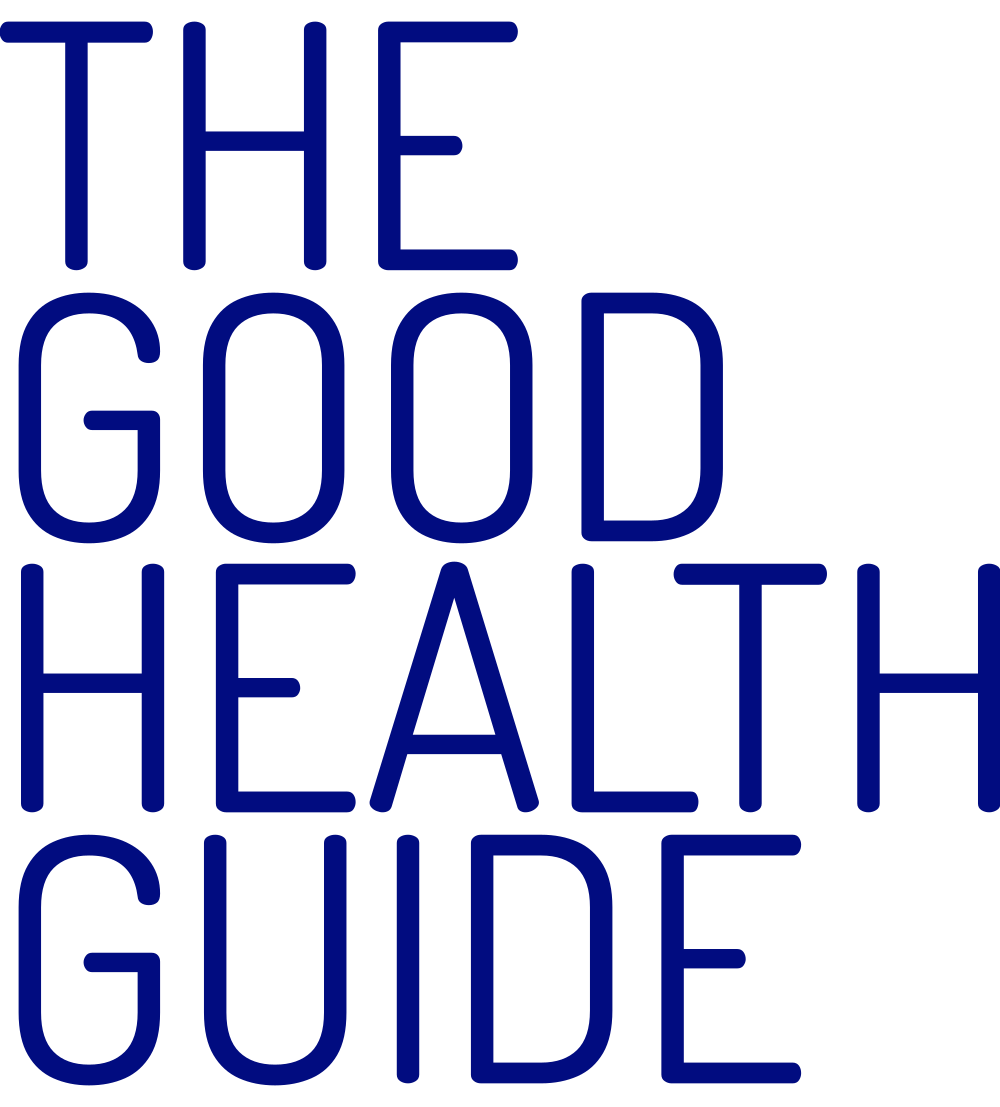Understanding Anxiety and Its Impact
Anxiety is more than just occasional worry or fear. It’s a persistent, often overwhelming feeling that can interfere with daily activities. It manifests through physical symptoms like rapid heartbeat, sweating, and fatigue, as well as emotional symptoms such as dread and irritability. Understanding these impacts is the first step towards finding effective natural remedies for anxiety.
Why Choose Natural Remedies?
Many people prefer natural remedies because they often come with fewer side effects compared to pharmaceuticals. Additionally, natural treatments can promote overall well-being, addressing the root causes of anxiety rather than just the symptoms. Opting for natural remedies can also complement traditional treatments, providing a holistic approach to mental health.
Herbal Remedies for Anxiety
Herbs have been used for centuries to treat various ailments, including anxiety. Some of the most effective herbs for anxiety relief include:
- Chamomile: Known for its calming effects, chamomile can help reduce anxiety and improve sleep. You can consume it as a tea or take it in supplement form.
- Lavender: This herb is famous for its soothing properties. Lavender essential oil can be used in aromatherapy or added to a bath for relaxation.
- Valerian Root: Often used to treat insomnia, valerian root can also reduce anxiety. It’s available in tea, capsule, or tincture forms.
- Passionflower: This herb can decrease anxiety and improve sleep quality. It’s typically consumed as a tea or supplement.
The Power of Essential Oils
Essential oils are another popular natural remedy for anxiety. Aromatherapy, the use of essential oils for therapeutic benefits, can significantly reduce anxiety levels. Some of the best essential oils for anxiety include:
- Bergamot: Known for its uplifting and calming effects, bergamot can be diffused or applied topically.
- Clary Sage: This oil can promote relaxation and reduce stress when inhaled or used in a diffuser.
- Ylang-Ylang: With its sweet floral scent, ylang-ylang can help reduce anxiety and promote a sense of peace.
Mindfulness and Meditation Practices
Mindfulness and meditation are powerful techniques to manage anxiety. These practices involve focusing on the present moment and accepting it without judgment. Regular meditation can help rewire the brain, making it easier to manage stress and anxiety. Incorporating mindfulness into daily routines, such as mindful eating or mindful walking, can also have profound benefits.
Diet and Nutrition for Anxiety Relief
What you eat can significantly impact your anxiety levels. A balanced diet rich in vitamins and minerals supports overall mental health. Consider incorporating the following into your diet:
- Omega-3 Fatty Acids: Found in fish, flaxseeds, and walnuts, omega-3s can reduce anxiety symptoms.
- Probiotics: Gut health is linked to mental health. Foods like yogurt, kefir, and sauerkraut can improve gut health and reduce anxiety.
- Magnesium-rich Foods: Leafy greens, nuts, and whole grains are excellent sources of magnesium, which can help regulate anxiety.
Exercise and Physical Activity
Regular exercise is one of the most effective natural remedies for anxiety. Physical activity increases the production of endorphins, the body’s natural mood lifters. Whether it’s a brisk walk, a yoga session, or a vigorous workout, exercise can help manage anxiety by reducing stress and improving overall well-being.
Quality Sleep and Relaxation Techniques
Good sleep hygiene is crucial for managing anxiety. Establishing a regular sleep routine, avoiding screens before bed, and creating a calming bedtime ritual can improve sleep quality. Relaxation techniques such as deep breathing exercises, progressive muscle relaxation, and guided imagery can also reduce anxiety and promote better sleep.
Social Connections and Support Networks
Maintaining strong social connections is vital for mental health. Support from friends and family can provide a buffer against anxiety. Joining support groups or engaging in community activities can also foster a sense of belonging and reduce feelings of isolation.
Avoiding Caffeine and Alcohol
Caffeine and alcohol can exacerbate anxiety symptoms. Limiting or avoiding these substances can help stabilize mood and reduce anxiety. Opt for herbal teas or water instead of caffeinated beverages, and moderate alcohol intake to maintain mental balance.
Supplements That May Help
Several supplements are known to help manage anxiety. These include:
- Omega-3 Supplements: As mentioned earlier, omega-3 fatty acids are beneficial for mental health. Supplements can provide a convenient way to ensure adequate intake.
- Magnesium Supplements: If dietary intake is insufficient, magnesium supplements can help reduce anxiety.
- Vitamin D: Low levels of vitamin D are linked to anxiety. Spending time in sunlight or taking supplements can boost vitamin D levels.
Creative Outlets and Hobbies
Engaging in creative activities such as painting, writing, or playing music can be a therapeutic way to manage anxiety. These activities provide an outlet for expressing emotions and can be a welcome distraction from anxious thoughts.
When to Seek Professional Help
While natural remedies can be effective, it’s essential to recognize when professional help is needed. If anxiety is severe, persistent, or interfering with daily life, consulting a healthcare professional is crucial. They can provide a comprehensive treatment plan, which may include therapy, medication, or a combination of both.
Combining Natural Remedies with Conventional Treatments
For many individuals, a combination of natural remedies and conventional treatments offers the best results. Working with a healthcare provider to develop an integrated approach can ensure that all aspects of anxiety are addressed effectively.
Long-term Strategies for Anxiety Management
Managing anxiety is an ongoing process. Developing long-term strategies such as maintaining a healthy lifestyle, practicing mindfulness, and seeking support can help manage anxiety effectively over time. Consistency and patience are key to achieving lasting results.
Natural Remedies for Anxiety
Natural remedies for anxiety offer a holistic approach to managing this common mental health challenge. By incorporating herbs, essential oils, mindfulness practices, dietary changes, and lifestyle adjustments, individuals can find effective relief from anxiety symptoms. It’s important to remember that each person’s experience with anxiety is unique, and finding the right combination of remedies may take time and experimentation.
FAQs
What are some effective herbal remedies for anxiety?
Chamomile, lavender, valerian root, and passionflower are some of the most effective herbs for anxiety relief.
How do essential oils help with anxiety?
Essential oils like bergamot, clary sage, and ylang-ylang can promote relaxation and reduce anxiety when used in aromatherapy or applied topically.
Can diet affect anxiety levels?
Yes, a balanced diet rich in omega-3 fatty acids, probiotics, and magnesium can help reduce anxiety symptoms.
What role does exercise play in managing anxiety?
Regular exercise increases endorphin levels, reducing stress and improving overall mental health, making it an effective natural remedy for anxiety.
Are supplements helpful for anxiety?
Supplements such as omega-3s, magnesium, and vitamin D can support mental health and help manage anxiety symptoms.
When should I seek professional help for anxiety?
If anxiety is severe, persistent, or interfering with daily life, it’s important to consult a healthcare professional for a comprehensive treatment plan.
Conclusion
Natural remedies for anxiety provide a holistic, often effective approach to managing this widespread mental health challenge. By incorporating a variety of strategies such as herbal remedies, essential oils, mindfulness practices, and lifestyle changes, individuals can find relief and improve their overall well-being. Remember to consult with a healthcare provider to tailor a treatment plan that best suits your unique needs. Embracing these natural remedies can pave the way to a calmer, more balanced life.
For more insights and tips on managing anxiety and other health topics, visit The Good Health Guide.
**Inbound and Outbound Links Suggestions**:
- Anxiety Relief Techniques – Internal Link
- Benefits of Meditation – Internal Link
- Natural Sleep Aids – Internal Link
- Natural Anxiety Relief – Outbound Link
- WebMD: Anxiety Natural Remedies – Outbound Link

